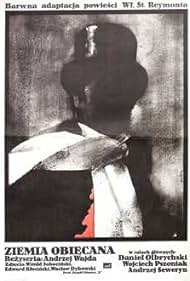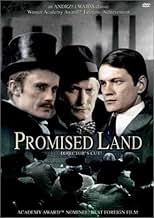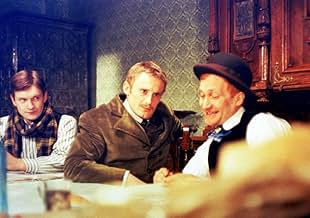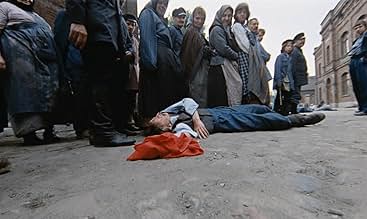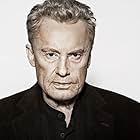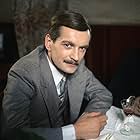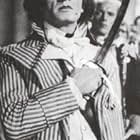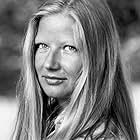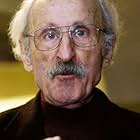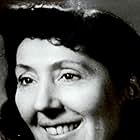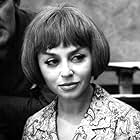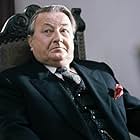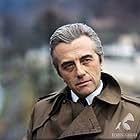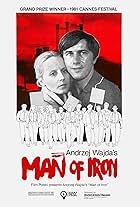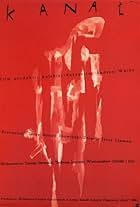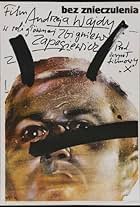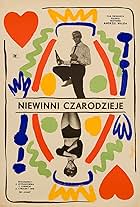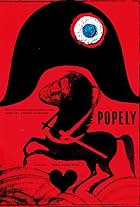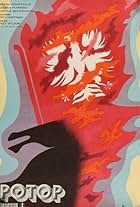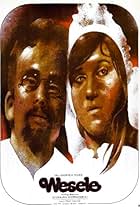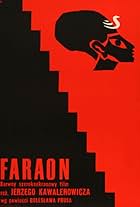IMDb RATING
7.8/10
4.1K
YOUR RATING
Three friends hope to build a factory but their plans are quickly jeopardized by local politics and one of the partner's dangerous love affair.Three friends hope to build a factory but their plans are quickly jeopardized by local politics and one of the partner's dangerous love affair.Three friends hope to build a factory but their plans are quickly jeopardized by local politics and one of the partner's dangerous love affair.
- Nominated for 1 Oscar
- 8 wins & 1 nomination total
- Director
- Writers
- All cast & crew
- Production, box office & more at IMDbPro
Storyline
Did you know
- TriviaPoland's official submission to the 1976's Oscar to the Best Foreign Language Film category.
- GoofsAround 1:37:00 Bucholz leans backwards when Horn is shouting at him. In the next shot he sits upstraight.
- Quotes
Karol Borowiecki: I have nothing, you have nothing, and he has nothing; that means together we have enough to start a factory.
- Alternate versionsOn 21 May 1978 Public television aired the first episode of a mini-series which was based on the theatrical version. The television version contains four parts and is about 25 minutes longer than the version previously shown in cinemas across Poland. In October 2000 there was a new release of the movie in Polish cinemas. The new version is about 30 minutes shorter than the original one but while it doesn't contain some scenes from the original edition it also includes some scenes which was taken from the television version. The sound of the new version was digitally remastered.
- ConnectionsFeatured in Andrzej Wajda - A portrait (1989)
Featured review
This is the story of a time and a place. The time is the 1890s and the place is Lodz, Poland (which, Wikipedia indicates was a client state of the Russian Empire then). Lodz at the time was a center of textile production, nicknamed "The Promised Land." Director Wajda wastes no time in hitting you over the head with the basic theme which is the total contrast between the industrial workers and the textile factory owners. The main images we get of the workers is their crowding to get into work at the factories (ala scenes from "Metropolis") and working at their tedious work stations. The main focus of the film is on the factory owners and wannabes and, in particular, on three friends who are wanting to build a factory--one of the friends is German, another is a Polish aristocrat, and the third is a Jew of a nationality that I never determined.
This is a complicated story of epic sweep featuring a large cast. Trying to keep track of all the characters was a challenge for me, particularly without having any historical background to rely on. Some of the financial wheeling and dealing went over my head. As is the case whenever large amounts of money and power are at stake, there was a lot of backstage jockeying going on--companies trying to poach executives from each other, secret coalitions, factories burned to gain competitive advantage or for insurance monies, coded messages decrypted, and so forth. To complicate matters there were national and personal frictions, with Germans insulting Poles, Poles insulting Germans, and Jews being unliked for their success. Additionally there were fissures within families where the pursuit of money caused people to behave in a manner in opposition to longstanding traditions of honor and integrity. At one point a father says to his son, "You have sold your soul for a golden calf." Some transactions were conducted using rubles while others used marks. Some of the characters speak German, others Polish. I was often confused as to where a scene was taking place. Perhaps to elaborate on all of the complexities would require a ten hour movie.
A case is made against unfettered capitalism, a not altogether irrelevant contemporary topic for debate. In order to satisfy the Soviet censors to get this made perhaps Wajda exaggerated by making all of the upper class characters truly disagreeable and arrogant, but given his later involvement with Solidarity in Poland, his sympathies were clearly with the workers. I wish additional time had been given to examining the personal lives of some of the workers; as presented they appeared mostly as grim oppressed cyphers.
Of the seven of Wajda's films I have seen I found this one to be the most accomplished cinematically, almost to the point where the filming trumps the story. The production values, the acting, and the musical score are all excellent. The scenes in the "several years later" segment are stunning in their use of camera angle, editing, artistic composition, and emotional impact. The creation of a Lodz at the turn of the century is a worthy achievement, on a par with the illusion of authenticity that you get when reading a Dickens novel.
I am puzzled as to why this film has drawn such a small audience over the years.
This is a complicated story of epic sweep featuring a large cast. Trying to keep track of all the characters was a challenge for me, particularly without having any historical background to rely on. Some of the financial wheeling and dealing went over my head. As is the case whenever large amounts of money and power are at stake, there was a lot of backstage jockeying going on--companies trying to poach executives from each other, secret coalitions, factories burned to gain competitive advantage or for insurance monies, coded messages decrypted, and so forth. To complicate matters there were national and personal frictions, with Germans insulting Poles, Poles insulting Germans, and Jews being unliked for their success. Additionally there were fissures within families where the pursuit of money caused people to behave in a manner in opposition to longstanding traditions of honor and integrity. At one point a father says to his son, "You have sold your soul for a golden calf." Some transactions were conducted using rubles while others used marks. Some of the characters speak German, others Polish. I was often confused as to where a scene was taking place. Perhaps to elaborate on all of the complexities would require a ten hour movie.
A case is made against unfettered capitalism, a not altogether irrelevant contemporary topic for debate. In order to satisfy the Soviet censors to get this made perhaps Wajda exaggerated by making all of the upper class characters truly disagreeable and arrogant, but given his later involvement with Solidarity in Poland, his sympathies were clearly with the workers. I wish additional time had been given to examining the personal lives of some of the workers; as presented they appeared mostly as grim oppressed cyphers.
Of the seven of Wajda's films I have seen I found this one to be the most accomplished cinematically, almost to the point where the filming trumps the story. The production values, the acting, and the musical score are all excellent. The scenes in the "several years later" segment are stunning in their use of camera angle, editing, artistic composition, and emotional impact. The creation of a Lodz at the turn of the century is a worthy achievement, on a par with the illusion of authenticity that you get when reading a Dickens novel.
I am puzzled as to why this film has drawn such a small audience over the years.
- How long is The Promised Land?Powered by Alexa
Details
Box office
- Budget
- PLN 31,300,000 (estimated)
- Runtime2 hours 50 minutes
- Sound mix
- Aspect ratio
- 1.66 : 1
Contribute to this page
Suggest an edit or add missing content

